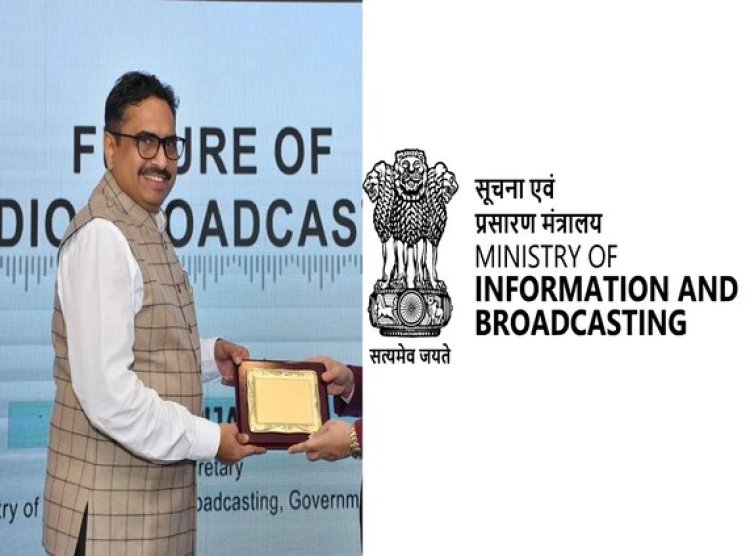India to Launch Digital FM Radio in 13 Major Cities
Ministry of Information and Broadcasting to Roll Out Digital FM Radio in 13 Cities, Boosting Revenue for Private Operators

The Ministry of Information and Broadcasting (MIB) is set to introduce digital FM radio broadcasting in 13 major Indian cities, aiming to modernize the radio industry and optimize spectrum use. MIB Secretary Sanjay Jaju has assured that this initiative will not negatively impact the revenues of private radio operators, as advertisement base rates have been increased by 40%.
At a recent industry event, Jaju announced that the ministry's Frequency Planning Committee has identified new channels for this initial phase, with plans to complete the rollout within a few months. He acknowledged the revenue challenges faced by radio operators due to pressures in the advertising market and emphasized ongoing efforts to support their growth.
The announcement coincides with public consultations on a digital radio broadcast policy for private broadcasters, following the Union Cabinet's approval for FM radio spectrum auctions in 254 new towns and semi-urban areas. Jaju highlighted that the transition to digital radio will create new opportunities, allowing operators to maximize revenues while providing enhanced value to listeners.
The shift will require significant upgrades in transmission infrastructure, but Jaju reassured operators of government support for a smooth transition using open standards. The ministry is reviewing four global digital radio technologies and may allow "simulcast" options for both analogue and digital broadcasts.Additionally, 20 companies have shown interest in participating in the upcoming FM radio auctions. The MIB has also addressed concerns regarding non-refundable fees and annual license fees, simplifying the auction process.
A recent conference organized by the India Cellular & Electronics Association (ICEA) and the Association of Radio Operators for India (AROI) discussed challenges and opportunities in digital radio. Industry leaders expressed concerns about high capital costs for upgrading infrastructure and outdated licensing policies. They also highlighted issues related to music royalties and ad revenue competition from streaming platforms.One significant advancement discussed was HD radio technology, which offers superior audio quality and multicasting capabilities.

 sheetal
sheetal 










